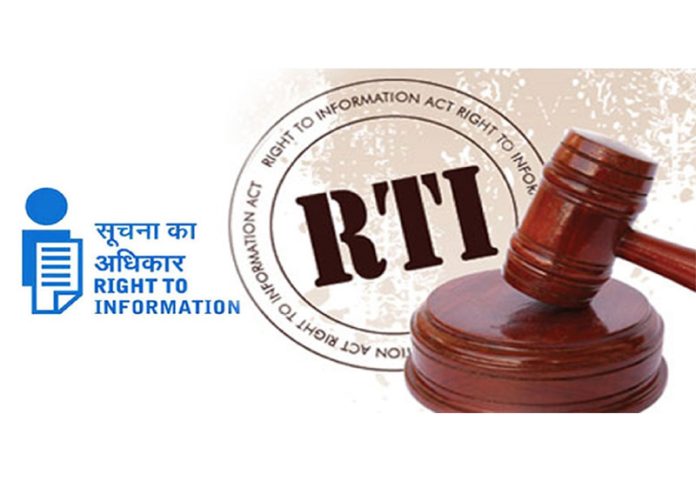Launch of the Jammu & Kashmir Right to Information oline portal by Chief Minister Omar Abdullah marks a progressive step toward fostering transparency, accountability, and efficiency in governance. This initiative signals the Government’s commitment to empowering its citizens by simplifying access to public information and bridging the gap between the administration and the people it serves. For years, manual RTI processes have been riddled with inefficiencies, delays, and the inconvenience of physical interactions with Government offices. By transitioning to an online mechanism, the administration has addressed a long-standing challenge, making it easier for citizens to exercise their constitutional right to information. This portal eliminates geographical and logistical barriers, enabling applicants to file RTI requests, track their progress, and receive responses seamlessly through digital platforms. Developed by the NIC, the portal represents a structural change in how governance interacts with its stakeholders. The integration of 61 Government departments, thousands of public information officers, and appellate authorities into a unified system ensures comprehensive coverage, making the tool a model of digital governance. The issuance of a registration number via SMS and email for real-time tracking demonstrates the portal’s user-centric approach, fostering trust and accountability.
For any digital governance tool to succeed, it must be accessible and comprehensible to all, especially in regions with limited digital literacy and connectivity. Ensuring that marginalized communities are not left behind will require targeted campaigns, training, and support mechanisms. Moreover, the Government must invest in robust infrastructure to handle an anticipated surge in RTI applications, ensuring swift responses without overburdening the system.
The portal’s potential to transform governance lies in its ability to promote transparency, discourage corruption, and build public trust. When citizens can access information effortlessly, they become active participants in the democratic process, holding institutions accountable for their actions. While the launch is commendable, the success of this initiative will hinge on its implementation and the willingness of Government officials to embrace this change. Regular audits, feedback mechanisms, and technological upgrades will be crucial in maintaining the system’s effectiveness.
Trending Now
E-Paper


